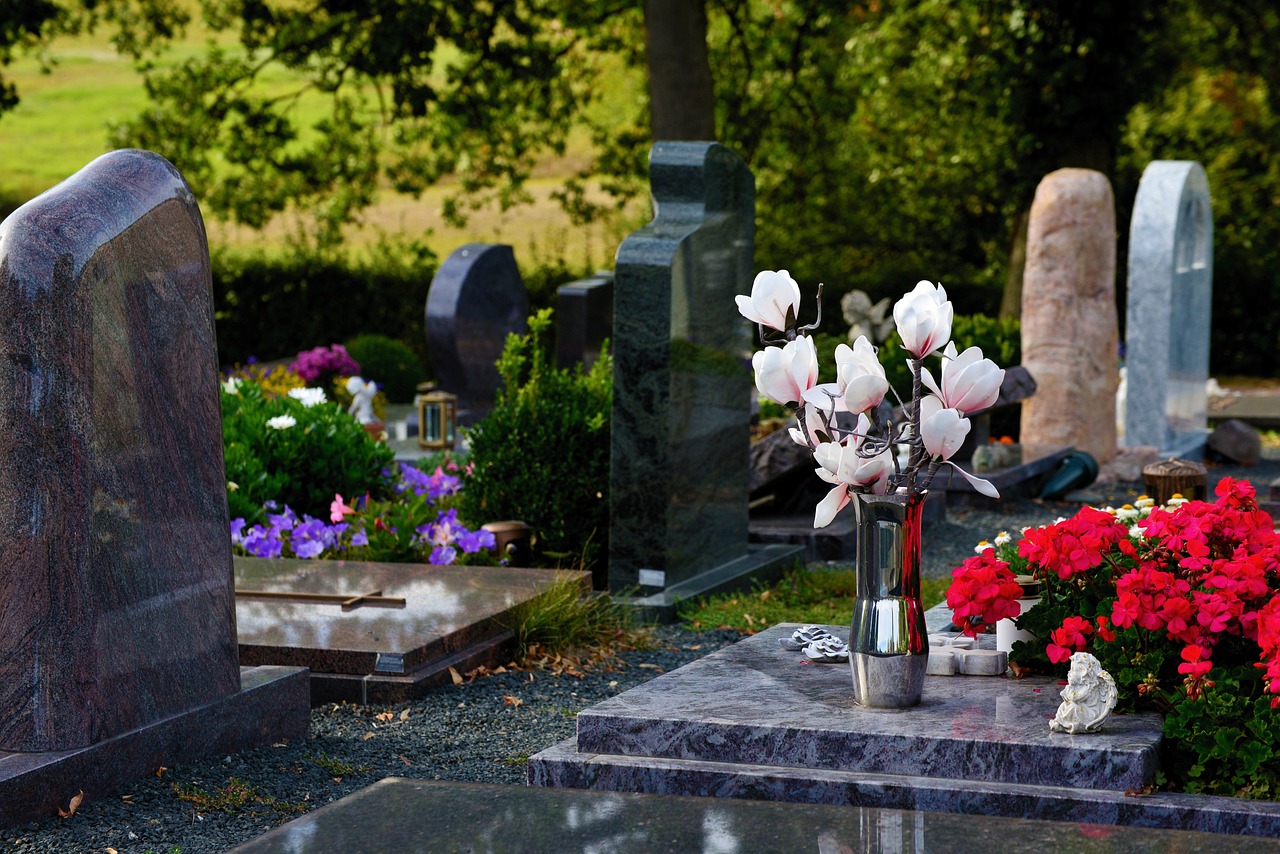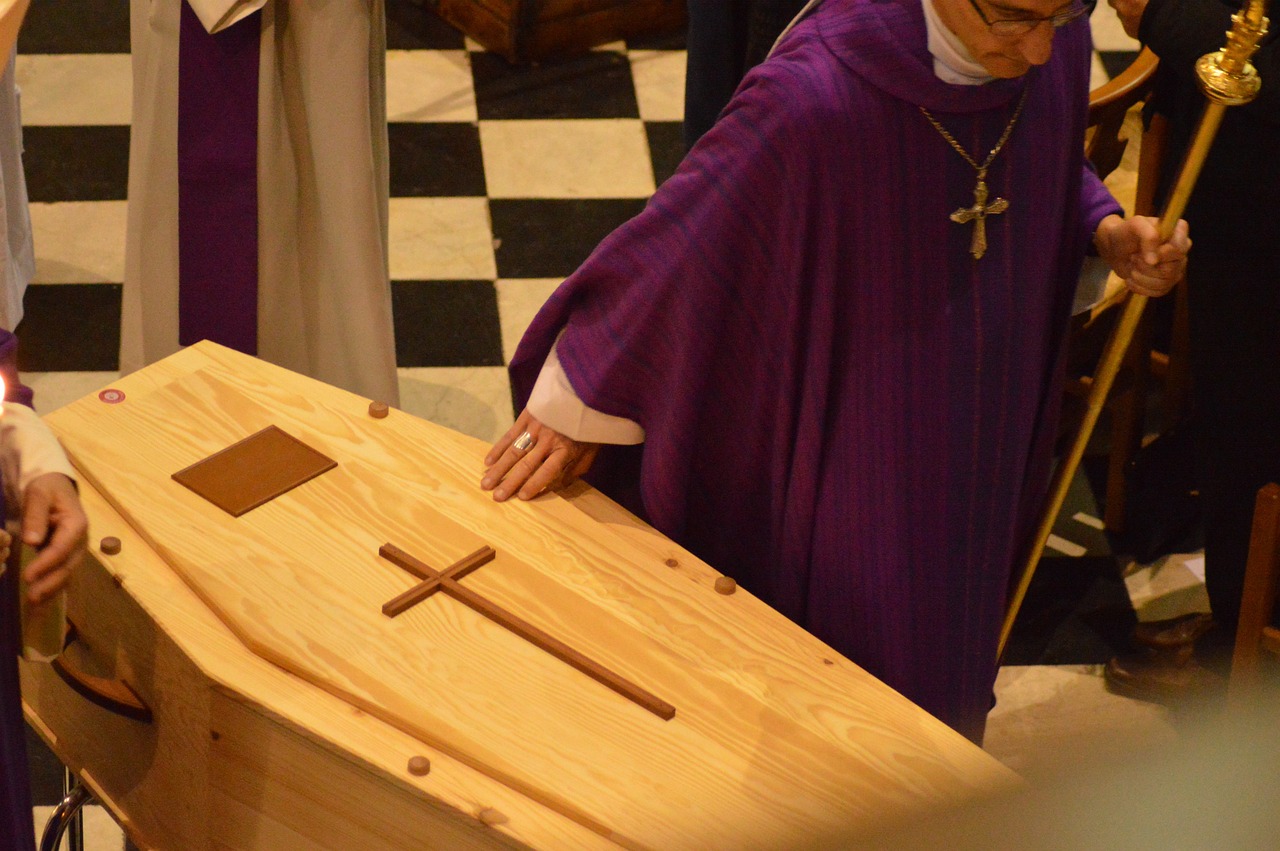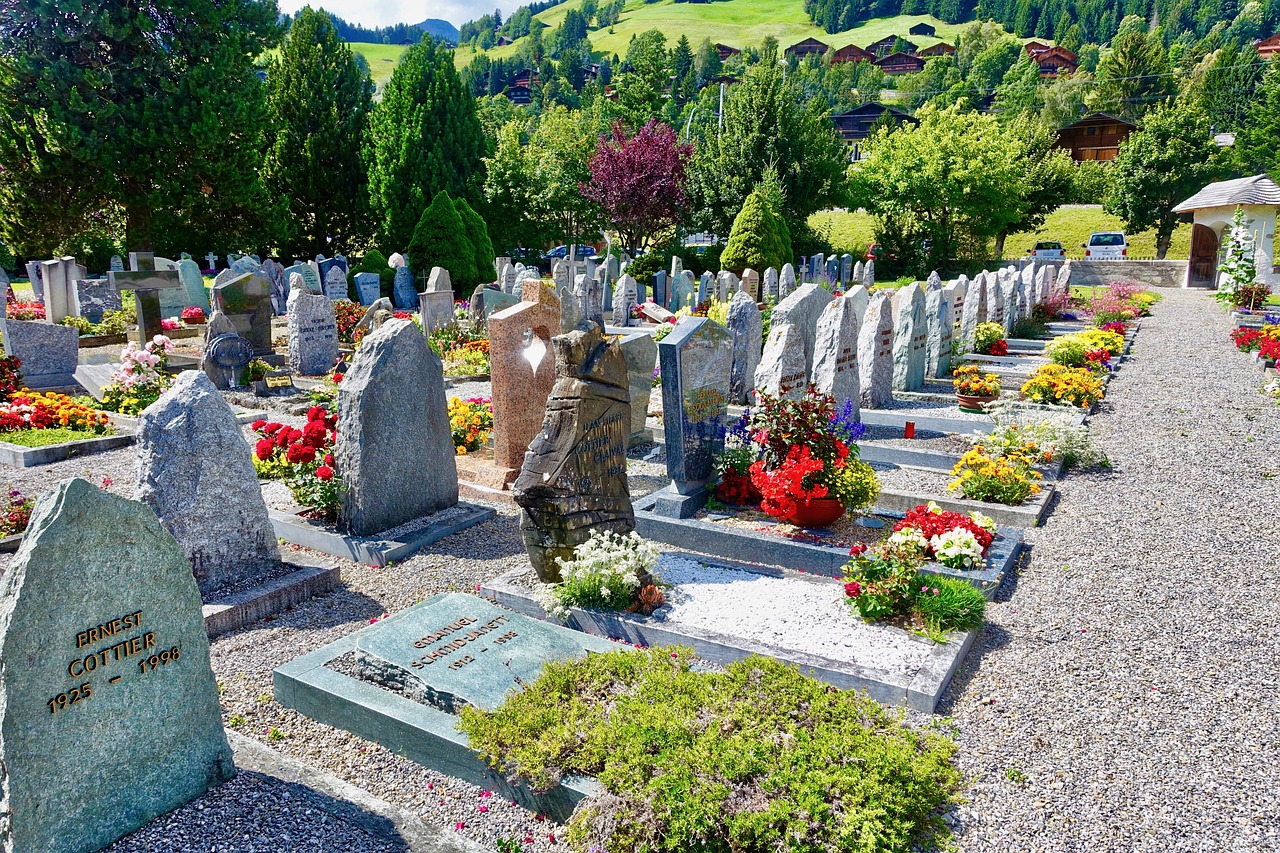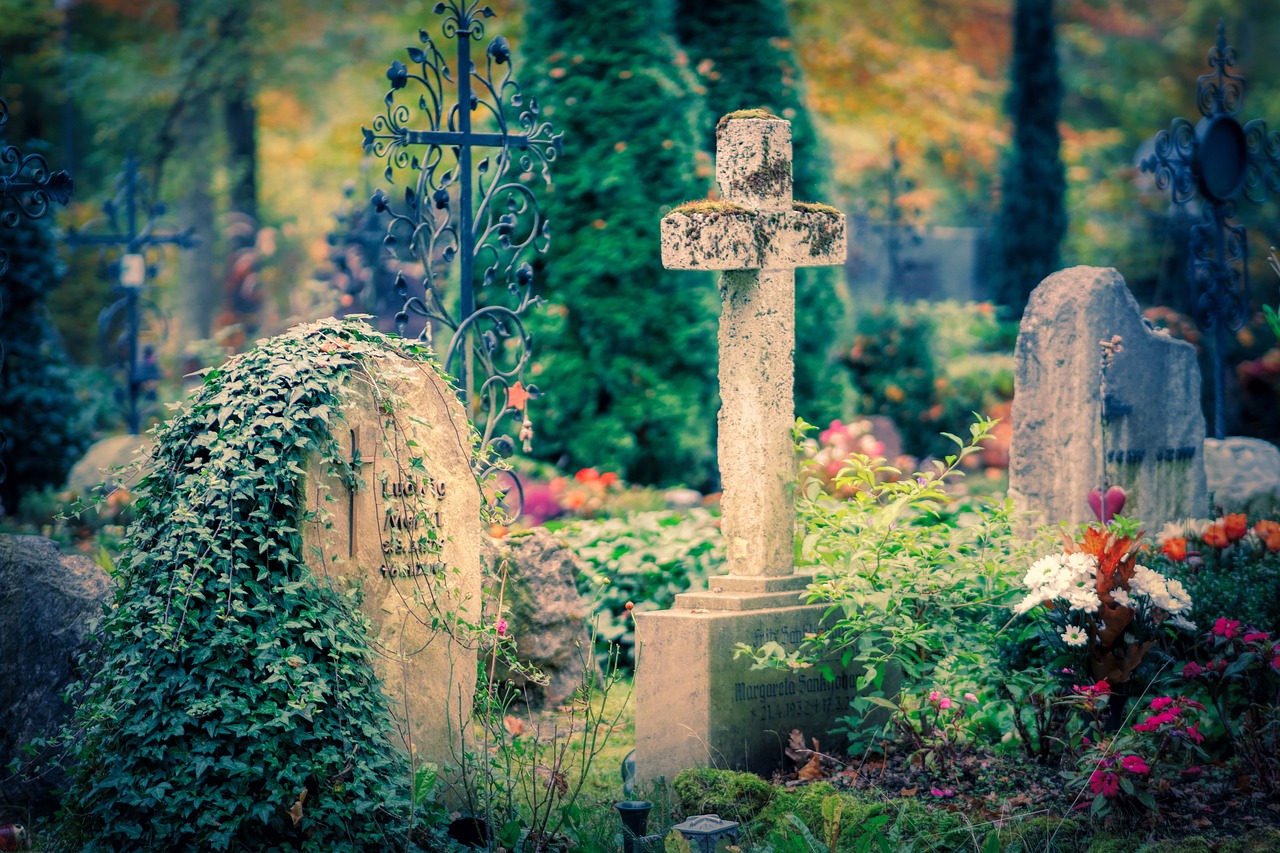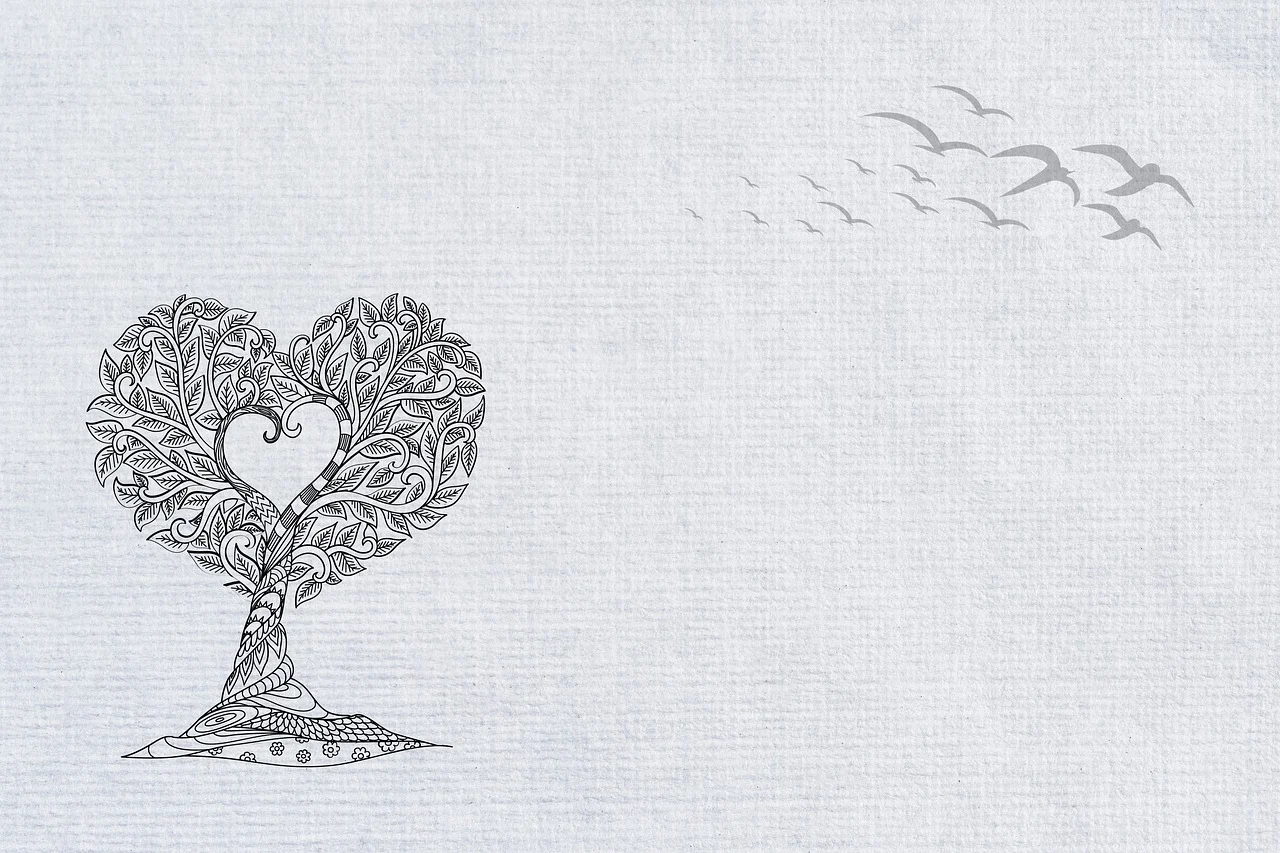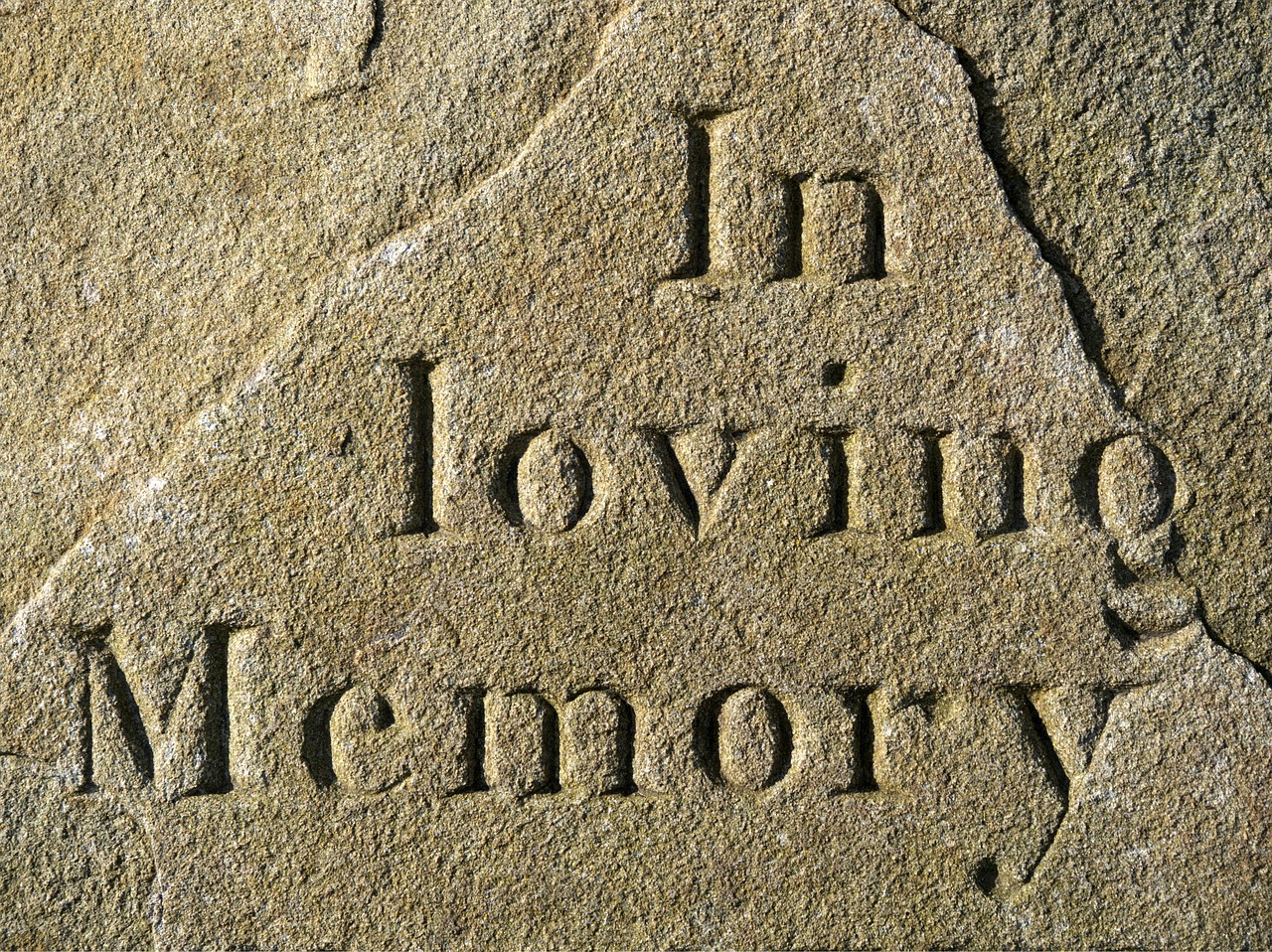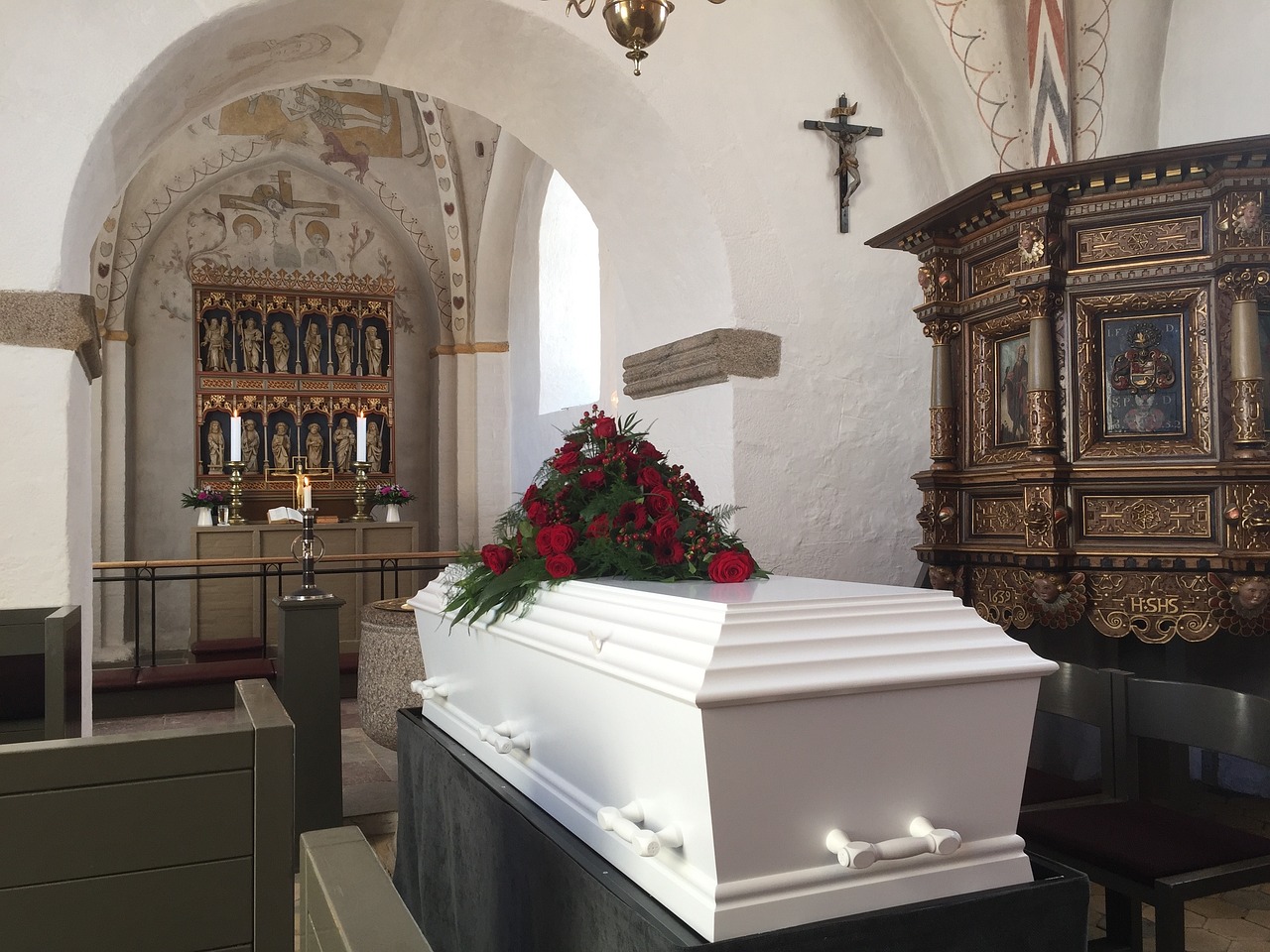Death and funerals are often closely related with religion as traditions from the past are still practised today. However, fewer people are religious than before, and more people are requesting non-religious funerals. Here’s a brief look at why somebody would want to find an alternative to a religious funeral and what options are available.
Why Hold a Non-Religious Funeral?
Some people might question the logic of holding a non-religious funeral. However, it’s important to remember that not being religious doesn’t prevent one person from loving another and feeling pain when they have passed away. Regardless of what we believe or don’t believe, we are all human and will all undergo the grieving process, in which the funeral plays a key part.
For many, a funeral isn’t so much for the deceased but more for the living. Attending a ceremony where the deceased’s body is incinerated or buried helps provide closure, making it easier for the grieving to move on and enjoy the rest of their lives. It’s an opportunity for loved ones to say their final goodbyes to somebody that played a large part in their lives.
Family Lead Funerals
Among the most popular alternatives to a religious funeral is a family lead funeral. In many cases, the proceedings will be similar to a religious funeral, albeit with no religious connotations. For example, a religious funeral will typically be led by a priest, imam, or other religious representative, while a non-religious funeral will often be led by a family member.
Family lead funerals can also involve singing, only with hymns and other religious verses replaced by some of the deceased’s favourite songs. Those close to the deceased can also stand up and say a few words commemorating their loved one, while the coffin will also usually at least be present in the ceremony.
Humanist Funerals
Again, the proceedings of a humanist funeral will often appear similar to a religious funeral. But on closer inspection, the two will have some distinct differences.
The key difference between a humanist funeral and a religious one is that the humanist variety is a celebration of the deceased’s life. Instead of focusing on beliefs like the afterlife, they instead focus on the deceased’s achievements and remember all they have done for us. Again, traditions like hymns can be replaced with contemporary songs and loved ones allowed to make a speech in the deceased’s memory.
Regardless, such funerals are often suitable for religious attendees as they will usually be neutral in that regard. Not only that, but the similarity in ceremonies will help some people feel more comfortable.
Biodegradable Pod Funeral
Our bodies are full of nutrients that will help nourish the earth and help nature blossom. Traditional coffins tend to limit nature’s access to our bodies, but some people would rather encourage nature to take over instead. One solution is the biodegradable pod funeral.
Biodegradable pod funerals are a relatively new idea that’s gradually becoming more popular. As the name suggests, the process involves placing the body into a biodegradable pod which makes it easier for nature to recycle nutrients.
Not only that, but biodegradable pods will often come with a sapling growing from it, and the remains of your loved one will help the tree to flourish. And of course, trees can live for hundreds of years, almost making them a permanent reminder of the deceased.
The tree can then become the equivalent of a gravestone where people can come to remember and pay respects to the deceased. And knowing that the body helped the tree grow big and strong is a reminder of their contribution to your life.
How to Organize a Non-Religious Funeral
Organizing a non-religious funeral will likely be similar to organizing a religious variety. For example, arrangements still need to be made regarding cremation or burial and you will need to organize matters like invitations and flowers, etc. There are also legalities involved and lots of forms that can become overwhelming for somebody in mourning.
And in addition to the ceremony itself, there’s also the wake which is traditional in many parts of the world regardless of religion. The wake is the term used for an informal gathering which is often held at somebody’s home. It’s an opportunity for the deceased’s friends and relatives to gather and commemorate their loved one and makes for rare opportunities for distant family members and friends to meet up again.
Speak with the Professionals
Regardless of the type of funeral you intend to hold, it’s a good idea to seek the help of professionals. Making the arrangements can be daunting at the best of times, but especially for somebody undergoing extreme stress. The good news is that professionals are on hand to handle everything for you.
A professional funeral director will be able to handle the necessary paperwork and other procedures for you, lightening your workload as much as possible. And while a funeral director is great for relieving some of the pressure on you, they can also help ensure the day goes as smoothly as possible.
If you have any questions about your options regarding funerals, then get in touch with the team at Academy Funerals. We have extensive experience in making funeral arrangements to suit different preferences and beliefs – or lack thereof. Our friendly and professional team will be happy to help however they can, to help relieve the stress on you at such a difficult time.


